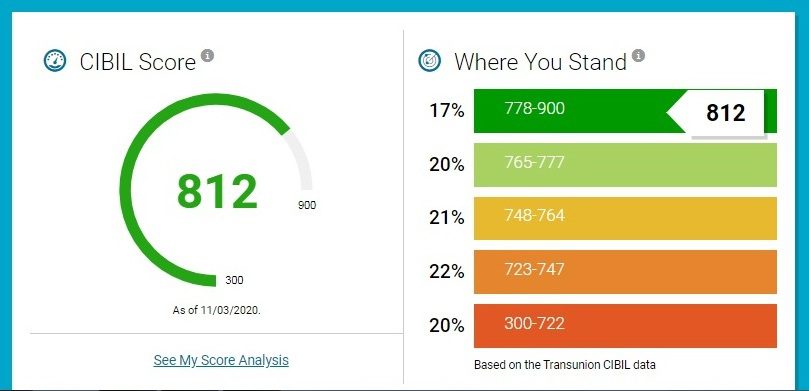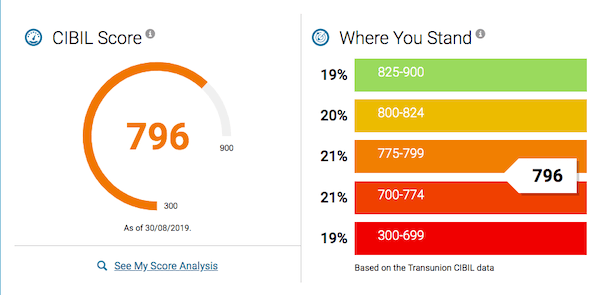Credit Information Bureau India Limited (CIBIL) scores have become the bedrock of financial credibility in India. These numerical representations of creditworthiness influence lending decisions, interest rates, and financial opportunities. While many people understand the basics of CIBIL scores, there are specialized areas within this system that are worth exploring. In this article, we’ll delve into these specialized areas of focus in CIBIL scores, shedding light on the nuances that can significantly impact your financial life.

Read more.. How to use Travel Business Loan Effectively
1.Credit Mix
Your CIBIL score takes into account the types of credit you have – revolving (credit cards) and installment (loans like home loans, car loans, personal loans). A diversified mix of these accounts can positively impact your score. Lenders prefer borrowers who have demonstrated responsible management of various types of credit.

Read more.. What’s Benefits of a CIBIL Score: Pinnacle of Financial Well
Read more.. How to Maintain a Healthy CIBIL Score: A Comprehensive Guide
2.Credit Utilization Ratio
This ratio measures how much of your available credit you’re using. High credit card balances relative to your credit limit can negatively affect your score. It’s advisable to keep your credit utilization below 30%. Regularly paying off your credit card balances in full and on time can help maintain a healthy ratio.
3.Credit Age
The length of your credit history matters. A longer credit history generally translates to a better score. It shows lenders that you have a track record of managing credit responsibly. Closing old credit accounts can shorten your credit history and impact your score negatively.
4.Credit Inquiries
Every time you apply for credit, a hard inquiry is made on your credit report. Too many inquiries in a short period can signal to lenders that you’re desperate for credit or experiencing financial difficulties. Be mindful of applying for credit excessively.
5.Credit Report Errors
CIBIL scores are reliant on the accuracy of the information in your credit report. Errors or discrepancies can drag your score down. Regularly check your credit report for inaccuracies and dispute any errors you find.
6.Settlements and Defaults
Settling a debt or having a default can have severe repercussions on your CIBIL score. Even after settling, it may take time for your score to fully recover. Avoiding defaults and settling debts responsibly is crucial.
7.Credit Exposure
Having too much credit available, even if you’re not using it, can be a red flag for lenders. They might worry that you could accumulate substantial debt quickly. Consider closing unused credit accounts if you have an excessive amount of available credit.
8.Geographic Location
Interestingly, where you live can have an impact on your CIBIL score. If you reside in an area with a high default rate, it might affect your score, even if your personal credit behavior is impeccable.
9.Loan Guarantees and Co-Signing
When you co-sign a loan or guarantee someone else’s debt, it becomes your responsibility if they default. This can influence your CIBIL score if the primary borrower fails to meet their obligations.
Conclusion
CIBIL scores encompass a multitude of factors, and grasping the nuances that impact them can be a pivotal factor in effectively managing your financial well-being. Whether your goal is to enhance your creditworthiness, secure more favorable interest rates, or become a more financially savvy consumer, being attuned to these intricacies is crucial. It’s important to recognize that your CIBIL score is not fixed; it’s a fluid metric that can evolve based on your financial actions. By directing your attention towards these specialized aspects, you can seize command of your financial destiny and pave the way for a brighter financial future.
